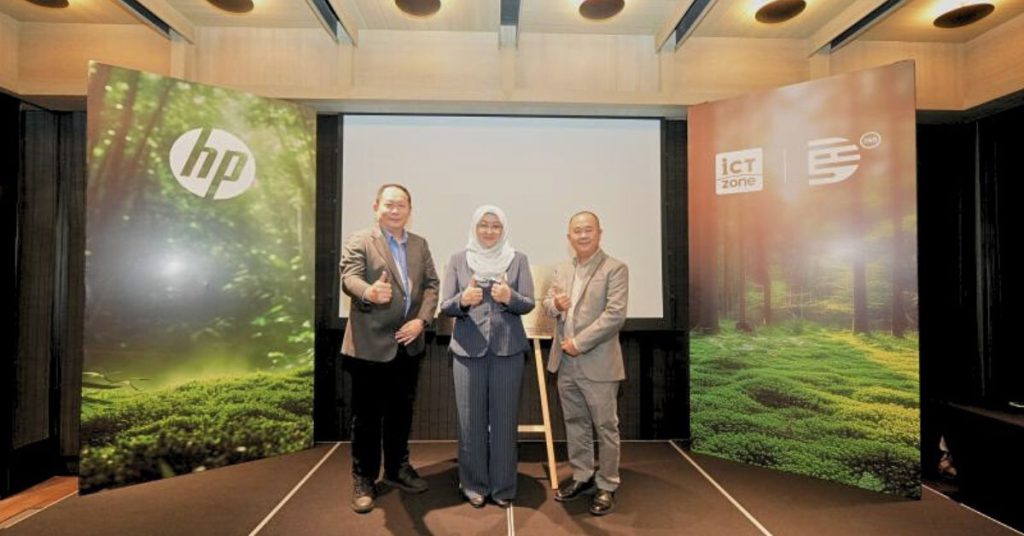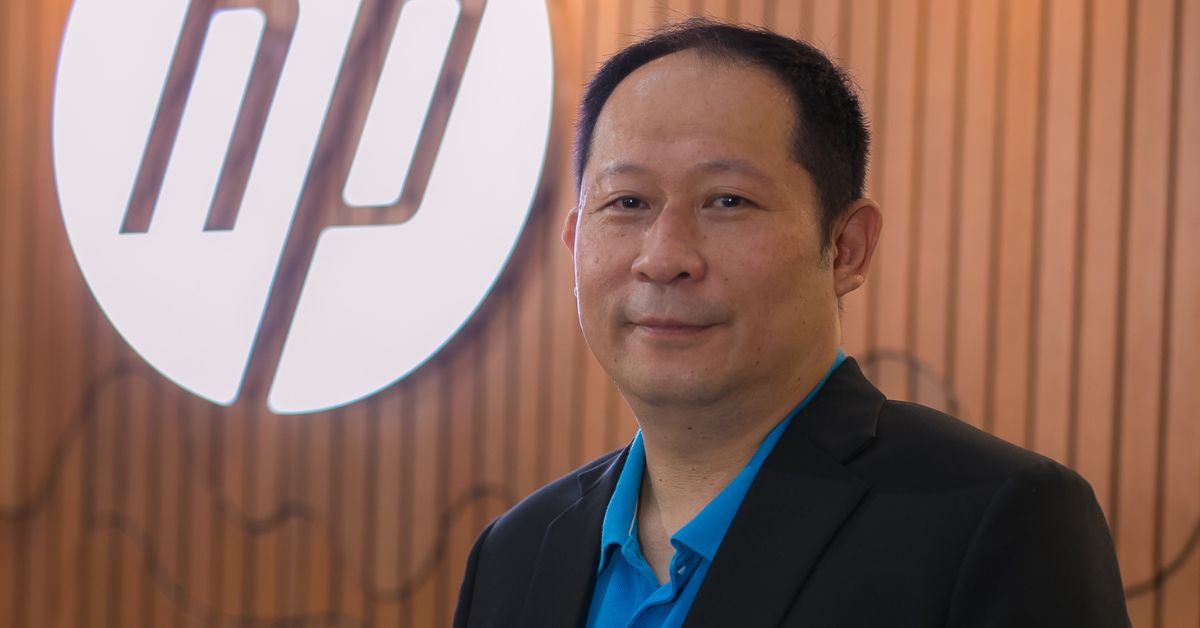I’ll admit, when I first heard about AI-powered PCs, I was sceptical. Aren’t all PCs inherently smart? Haven’t we relied on machines for automation and efficiency for decades?
“AI-powered” just sounded like a fancy way to describe smarter laptops.
But as I dug deeper, something clicked. Malaysia is at an inflexion point—our hybrid work culture is thriving, SMEs are the backbone of our economy, and digital adoption is accelerating across industries.
If AI PCs can truly deliver on their promises—streamlining workflows, enhancing security, and personalising our tech experiences—they could redefine how we work and live.
But how ready is Malaysia for this change, and does the hype around AI PCs live up to reality? For answers, we spoke to HP Malaysia Managing Director Alex Tan.
A buzzword or the real deal?
According to HP Malaysia, AI PCs represent a new category of devices capable of optimising user behaviour, predicting needs, and enhancing security through advanced neural processing units (NPUs).

In Malaysia, where over 1.2 million small and medium enterprises (SMEs) drive the economy, the promise of these advanced tools could be game-changing.
HP even points to Malaysia ranking second in the 2023 Global AI Readiness Index for Southeast Asia, signalling strong potential for adoption.
Yet, as I explored the market, I couldn’t shake the feeling that while AI PCs sound exciting, the adoption curve might be steeper than anticipated.
What can AI PCs actually do?
From the creative sector to hospitality, AI PCs are positioned as versatile game-changers.
“We foresee the adoption of AI PCs, which will present exciting opportunities for a variety of sectors in Malaysia, especially where efficiency, personalisation, and productivity are essential drivers of success,” said Alex.
Some of the key industries and the ways they could benefit from AI PCs are:
- Creative industries could benefit from faster workflows. Imagine a graphic designer using AI to generate mockups or adjust lighting in seconds.
- Data-intensive fields, like finance or research, could harness AI’s speed to analyse massive datasets, saving countless hours.
- Education might see AI PCs personalising content based on student needs, making learning more accessible and engaging.
- Hospitality professionals could use AI for tailored guest experiences—think personalised itineraries for hotel guests or instant language translation services.
Barriers to entry
Let’s address the elephant in the room. AI PCs are fancy, but they’re not cheap. And beyond cost, there’s the challenge of awareness.
A Cisco report revealed that only 13% of Malaysian organisations feel fully prepared to implement AI technologies. The majority are still followers, dabbling in AI but lacking a full understanding of its potential.

Then there’s the trust factor. Many Malaysians worry about data privacy. HP claims to have tackled this issue with its Endpoint Security Controller (ESC) chip.
“We launched the world’s first business PCs to protect firmware against quantum computer attacks with HP’s upgraded ESC chip.”
“The ESC chips provide a hardware platform that reduces the risk of breaches and improves efficiency by preventing downtime,” Alex shared.
While this sounds reassuring, the general scepticism around big tech companies and surveillance concerns lingers.
Despite these hurdles, consumer demand for more personalised and efficient tools is undeniable. Whether it’s students craving smarter ways to study or professionals juggling hybrid work setups, AI PCs cater to modern needs:
- Personalisation: Devices that learn user behaviour and preferences are no longer just “cool”—they’re becoming expected.
- Productivity: Features like automated workflows, virtual assistants, and predictive models promise to save time and boost efficiency.
- Security: HP highlights how on-device AI processes sensitive data locally, reducing privacy risks—a thoughtful approach in an era where data breaches are common.
A gradual adoption curve
The good news? Malaysia is poised to dip its toes into the AI PC revolution. The government’s MyDigital Blueprint and the AI Roadmap 2021–2025 aim to boost productivity by 30% by 2030 through digital innovations.
However, experts predict a gradual transition rather than a sudden overhaul. Non-AI PCs will likely coexist for years, catering to those who prefer simpler devices or can’t justify the premium price tag.
As someone who’s seen tech trends come and go, I can’t help but wonder if AI PCs will face the same resistance as the initial wave of smartphones or hybrid cars.
Remember when we thought touchscreens were a gimmick? It might just take the right mix of education, affordability, and proof of value to make AI PCs the norm.
The road ahead
HP has made bold moves to position itself as a leader in the AI PC market in Malaysia. From hosting masterclasses with partners like Intel to launching devices with seamless AI integration, the company is betting big on a tech-savvy future.
But are Malaysians equally eager? Based on trends, there’s cautious optimism. Gartner forecasts nearly 295 million AI PCs and GenAI smartphones to ship globally by the end of 2024, reflecting growing interest.

Locally, tech-savvy youth and SMEs might drive early adoption, while the rest of the population watches from the sidelines.
AI PCs have the potential to redefine how Malaysians work, learn, and create. However, for now, the market feels like it’s still in its “demo phase.”
Between the costs, privacy concerns, and a lack of widespread understanding, it might take a few years—and some price drops—before AI PCs become as ubiquitous as regular laptops.
Until then, it’s an exciting trend to watch, but don’t toss out your current PC just yet. The AI revolution may be coming, but like all great things, it’ll take time to arrive in full force.
Featured Image Credit: HP Malaysia

